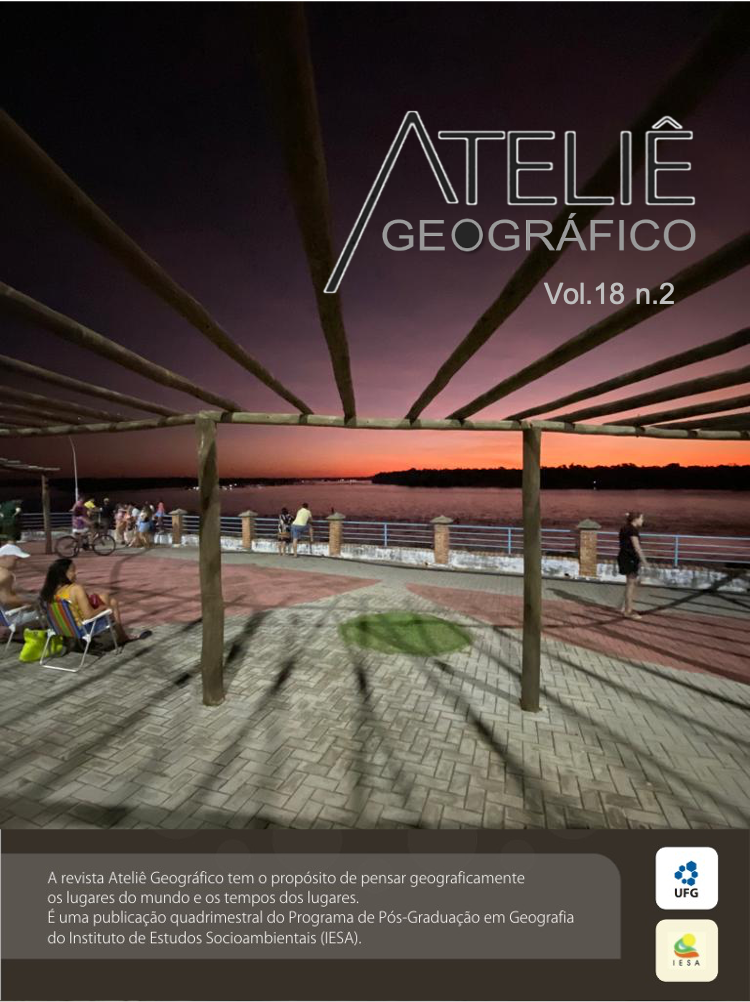Juegos olímpicos: impactos espaciales y transformación urbanística en las ciudades anfitrionas. Sydney, Londres, Río de Janeiro y Tokyo
DOI:
https://doi.org/10.5216/ag.v18i2.77254Resumo
Los Juegos Olímpicos son uno de los megaeventos más significativos a nivel mundial, suponiendo un importante reto económico, social y de transformación urbana para las ciudades anfitrionas. En este trabajo, se analizan los impactos espaciales en el urbanismo, transporte, turismo y vivienda que generan estos eventos deportivos en las ciudades donde se desarrollan. Se estudiaron los casos de Sydney 2000, Londres 2012, Río de Janeiro 2016 y Tokyo 2020. Para llevarlo a cabo, se realizó un análisis espacial de usos de suelo en el parque olímpico e infraestructuras de transporte, se analizó la evolución del número de visitantes y se identificaron las variaciones en el precio de la vivienda. Los resultados muestran importantes diferencias en las cuatro ciudades analizadas, entre las que destacan los planteamientos divergentes a la hora de crear nuevas zonas urbanas e instalaciones o reciclar las existentes, así como el impacto residencial, llevando en ocasiones a la expulsión y gentrificación.
Downloads
Downloads
Publicado
Como Citar
Edição
Seção
Licença
Autores que publicam nesta revista concordam com os seguintes termos:- Autores mantém os direitos autorais e concedem à revista o direito de primeira publicação, com o trabalho simultaneamente licenciado sob a Licença Creative Commons Attribution que permite o compartilhamento do trabalho com reconhecimento da autoria e publicação inicial nesta revista.
- Os autores não serão remunerados pela publicação de trabalhos na Revista Ateliê Geográfico. Além disso, os conteúdos publicados são de inteira e exclusiva responsabilidade de seus autores, ainda que reservado aos editores o direito de proceder a ajustes textuais e de adequação às normas da publicação.
- Autores têm permissão e são estimulados a divulgar seu trabalho online (ex.: em repositórios institucionais ou na sua página pessoal), já que isso pode gerar alterações produtivas, bem como aumentar o impacto e a citação do trabalho publicado (Veja O Efeito do Acesso Livre).


